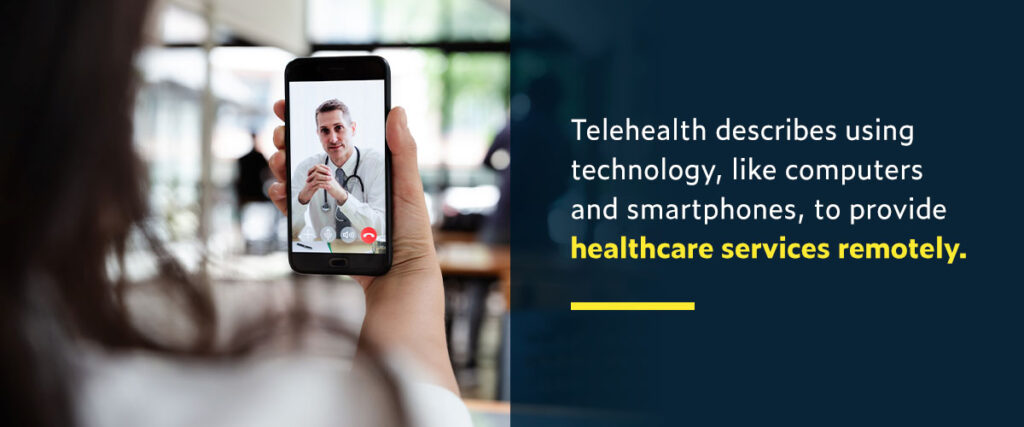How Subscription Based Healthcare is Changing Patient Accessibility to Services
How Subscription Based Healthcare is Changing Patient Accessibility to Services
Blog Article
The Rise of Subscription-Based Health Care and Its Influence On Client Care
As medical care progresses, the subscription-based design is obtaining traction, promising to change individual treatment by providing predictability and ease of access. The capacity for these designs to improve healthcare shipment raises pushing questions regarding their lasting sustainability and inclusivity. Are these subscription solutions the future of health care, or do they risk leaving vulnerable populations behind?
Understanding Registration Healthcare Models
Comprehending the principle of subscription medical care versions entails taking a look at a transformative approach to medical services that stresses cost and accessibility. These designs, frequently referred to as direct primary care (DPC) or concierge medication, have actually become innovative alternatives to conventional fee-for-service healthcare systems. Subscription health care allows individuals to pay a set month-to-month or annual charge for a defined collection of medical solutions, which might consist of unrestricted office check outs, regular check-ups, and standard laboratory examinations, without the requirement for traditional insurance billing.
The structure of registration healthcare designs is developed to enhance person care by eliminating third-party payers and complicated payment codes, consequently minimizing administrative burdens. Health care providers can concentrate extra on individual care, fostering more powerful patient-provider relationships. This model likewise advertises preventative treatment by encouraging normal visits, as the economic challenge of per-visit charges is removed.
The subscription design commonly equips doctor to manage smaller sized client panels, enabling more customized treatment. It lines up financial incentives with patient health results, as suppliers are encouraged to preserve patient contentment and health. In general, comprehending membership medical care models requires identifying their prospective to reshape how treatment is delivered and accessed.
Benefits for Carriers and individuals

For service providers, subscription-based versions use the opportunity to deepen patient-provider relationships. With a constant income stream, healthcare professionals can commit more time per patient, leading to a much more detailed and personalized care experience. This design likewise reduces dependence over person volumes, easing burnout and boosting task satisfaction. Moreover, the focus on preventive treatment within subscription strategies can result in far better patient end results and minimized long-lasting health care costs. By focusing on continual care, suppliers can resolve problems prior to they rise, ultimately profiting the medical care system overall by lowering the burden on emergency and acute treatment services.
Problems and challenges
While subscription-based health care models present numerous advantages, they also include a set of difficulties and worries that must be dealt with. Accessibility remains a significant issue, as these models typically target people who can manage regular monthly charges, potentially excluding low-income populaces. This increases ethical inquiries about equitable accessibility to healthcare services. Additionally, the diverse nature of subscription plans can bring about complication among individuals pertaining to protection specifics, potentially causing unmet expectations or poor care.
Financial sustainability of subscription-based versions is another worry. Suppliers need to stabilize the fixed revenue from memberships with the variable prices of healthcare services, which might change due to unforeseen clinical needs. This can create stress to restrict services or increase costs, possibly influencing individual satisfaction and care top quality.
Moreover, regulative oversight of subscription-based healthcare designs is still advancing. Attending to these challenges is crucial for the equitable and effective application of subscription-based medical care.
Effect On Patient-Doctor Relationships
One substantial impact of subscription-based healthcare models on patient-doctor partnerships is the capacity for enhanced connection and personalized treatment. By taking on a membership design, doctors can take care of a smaller sized individual panel, permitting more specialized time with each individual. This raised availability cultivates a much deeper understanding of a patient's clinical background, lifestyle, and preferences, making it possible for much more tailored therapy plans and treatments.

Nevertheless, it is vital to recognize that while subscription-based models might benefit those see here that can manage them, they could accidentally broaden healthcare variations. Individuals that are not able to join these versions could experience decreased access to personalized treatment, potentially influencing their relationships with doctor. Therefore, while the membership version provides encouraging benefits for patient-doctor connections, it also poses obstacles that require to be resolved to make sure fair healthcare accessibility.
Future of Healthcare Gain Access To

The role of modern technology can not be forgotten in this improvement. Telemedicine systems and electronic wellness records promote seamless interaction between people and health care providers, breaking down logistical and geographical barriers. Additionally, advancements in fabricated knowledge and information analytics can further individualize clinical treatment by anticipating individual demands and optimizing treatment strategies.
Nevertheless, the future of medical care accessibility also provides obstacles, such as find out making sure equity across various socio-economic teams. Policymakers and doctor must collaborate to bridge the electronic divide, making certain that subscription-based versions stay comprehensive and inexpensive. As these systems develop, they hold the assurance of making health care extra easily accessible, efficient, and patient-centric.
Conclusion
Subscription-based healthcare models are reshaping person care by offering a steady cost framework and improving resource accessibility. These models enhance patient-provider partnerships via personalized care and regular gos to, emphasizing preventative wellness. Regardless of these benefits, obstacles such as accessibility issues for low-income populaces and the demand for equitable healthcare options linger. The rise of subscription-based medical care urges aggressive individual interaction, which has the prospective to boost individual outcomes and contentment, indicating a transformative shift in health care shipment.
As medical care advances, the subscription-based version is acquiring grip, guaranteeing to reinvent client treatment by offering predictability and accessibility.Subscription-based medical care designs use unique advantages for both carriers and people, boosting the general healthcare experience.As health care systems develop, the future of health care gain access to regularly hinges on the assimilation of cutting-edge versions and technologies.Subscription-based health care versions are improving patient treatment by offering a stable expense framework and enhancing access. The rise of subscription-based healthcare encourages proactive individual involvement, which has the potential to enhance client results and contentment, signaling a transformative shift in medical care delivery.
Report this page